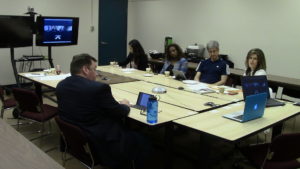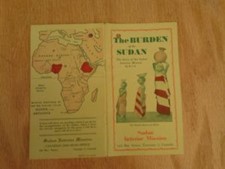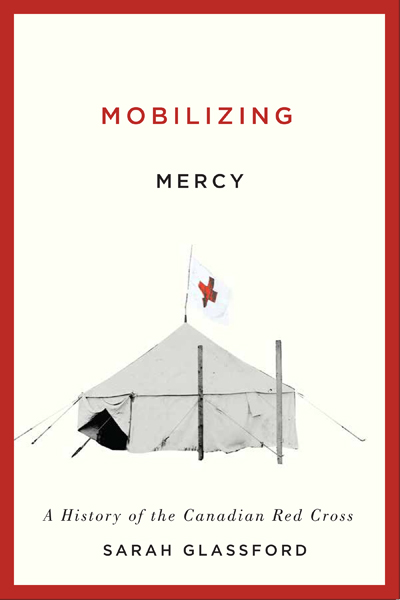by Sandy Barron
AM Session
Attending: Dominique Marshall, Will Tait, Sundas Khan, Nassisse Solomon, Stephanie Bangarth, Kevin Brushett. Skype: Matthew Burch, Sarah Glassford, Erin Edwards, Kevin O’Sullivan, Laura Madokoro (10:15-11:15). Notes: Sandy Barron.
Introductions/Updates
Dominique Marshall:
1) Renew connection to CASAID?
2) Match International Archives at Carleton – Dr. Marshall will email members about progress of file organization.
3) 2017 Conference (150 Ideas of Canada) – Kevin Brushett to look into CNHH involvement
4) Journal of Canadian Studies – 2018 themed issue on Canadian aid
Kevin O’Sullivan – make as coherent as possible; have a chapter on ethics written by a philosopher
5) SSHRCC funding – not awarded. Why? – Kevin O’Sullivan: break into different component parts to increase coherence, make more conducive to current concerns
6) Collaborations with NGOs – movement of personnel within NGOs making this difficult
7) Social Media – #aidhistory hashtag working well







